A good Sitecore implementation partner is important. Implementing Sitecore is no simple task.

But not all Sitecore partners are created equal. Choosing the wrong implementation partner can derail your project, drain budgets, and leave you with a half-baked solution. Selecting the right partner is critical.
In this guide, we’ll explore what distinguishes truly great Sitecore implementation partners, key factors to evaluate, and traits that should raise red flags. Read on to learn insider tips for choosing a partner that will set your Sitecore initiative up for long-term success.
About QEdge
Since 2008 we have been working with many well-know multi-national organizations and brands. We enable our clients to maximize their software and marketing investments with our tailored products and services. 15 years on we have been delivering 200+ projects across China and overseas. From Fortune 500 companies to governments – our clients trust us.
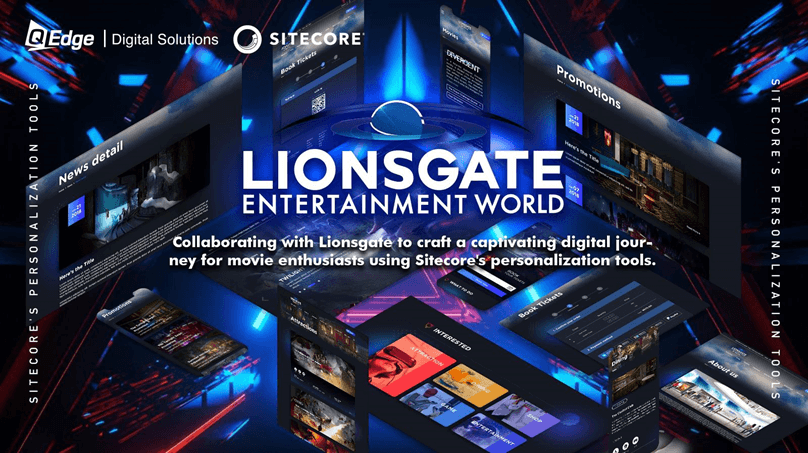
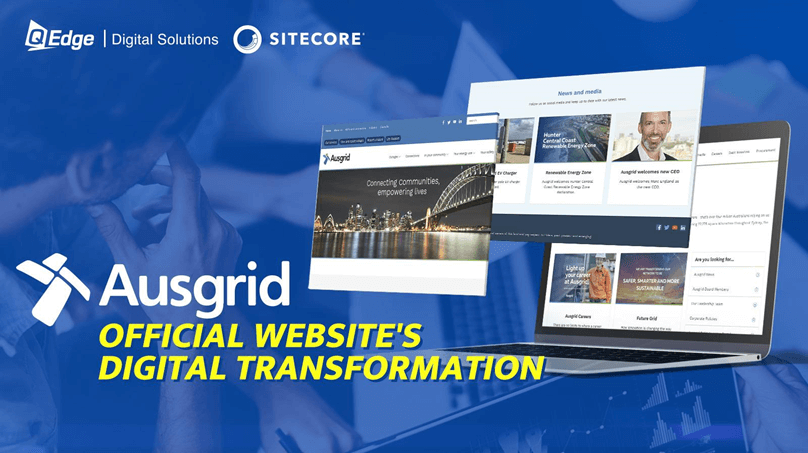
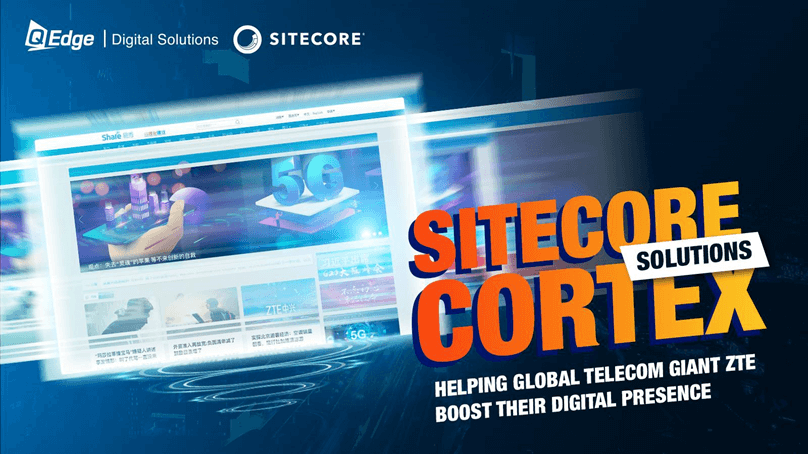

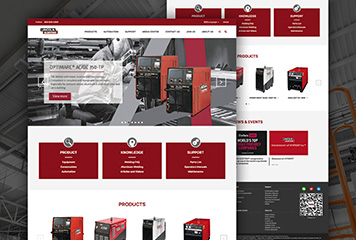
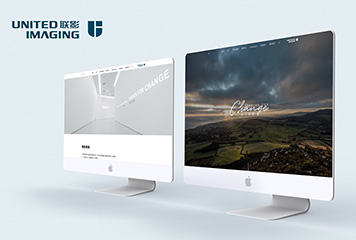
Why Sitecore Implementations Demand Specialized Partners
Before diving into partner evaluation criteria, it’s important to understand why Sitecore demands specially focused implementation experts in the first place.
![[2023]QEdge Digital Solutions|Your One-Stop Service Provider](https://www.qedge.co/blog/wp-content/uploads/2023/07/1.png)
The CMS platform is tremendously powerful but complex. Sitecore:
- Combines robust content management with market-leading personalization, testing, and analytics. Integrating these features seamlessly demands advanced development skills.
- Is highly customizable with thousands of configuration options. Domain expertise is required to adapt the platform to your specific needs.
- Has a complicated hosting and scaling architecture. Specialized DevOps skills are invaluable.
- Evolves rapidly with 3 major releases per year. Partners must stay on top of new capabilities and development best practices.
- Integrates with diverse marketing tech stacks. Partners should have experience connecting Sitecore to your martech tools.
- Enables powerful integrations via its API. Partners must leverage the API appropriately to future-proof implementations.
Simply put, Sitecore is not a CMS that web design agencies can just figure out. The platform deserves specialized partners solely focused on Sitecore projects day in and day out. Make sure any potential partner has years of hands-on Sitecore implementation experience under their belt.
Critical Capabilities in a Sitecore Implementation Partner
Once you’ve confirmed a partner exclusively focuses on Sitecore, the next step is assessing their specific capabilities. Great Sitecore partners share the following traits:

Technical Mastery
No two Sitecore implementations are exactly alike—the platform must be adapted to each client’s goals. This demands technical excellence. Look for a partner with proven expertise in:
- Sitecore architecture and infrastructure best practices
- Custom module and API development
- SOLR/Azure Search Configuration
- Sitecore forms, personalization, and analytics implementation
- DevOps, CI/CD pipelines, and hosting strategies
- Latest Sitecore versions and cloud capabilities
The partner should have seasoned Sitecore developers and solution architects. Review examples of their technical work. Discuss the partner’s approach to challenges like platform upgrades, cloud migrations, scalability, and legacy system integration.
Strategic Visioning
Technical skills alone won’t cut it. The best partners also offer strategic visioning and translate business needs into technical solutions. During the sales process, the partner should:
- Ask probing questions to understand your goals, users, and existing marketing tech stack
- Provide ideas and advise you on how to get the most from Sitecore
- Suggest solutions tailored to your organization rather than generic presentations
- Demonstrate strategic thinking vs. just touting tactical skills
Look for big-picture thinkers who balance business and technical perspectives.
Proven Methodologies
Succeeding with Sitecore requires meticulous planning and processes. Battle-tested methodologies separate elite implementation partners. For example:
- Do they follow Sitecore Helix architecture principles? This indicates adherence to Sitecore best practices.
- Do they have a systematic integration testing process? Rigorous testing is essential for error-free implementations.
- Do they use Agile methodologies for development? Agile boosts collaboration and flexibility.
- Is training included in their methodology? Thorough training unlocks user adoption.
Ask partners to walk through their project roadmaps. Lean methodologies, measurable outcomes, training, testing, and staged rollouts should be central to their approach.
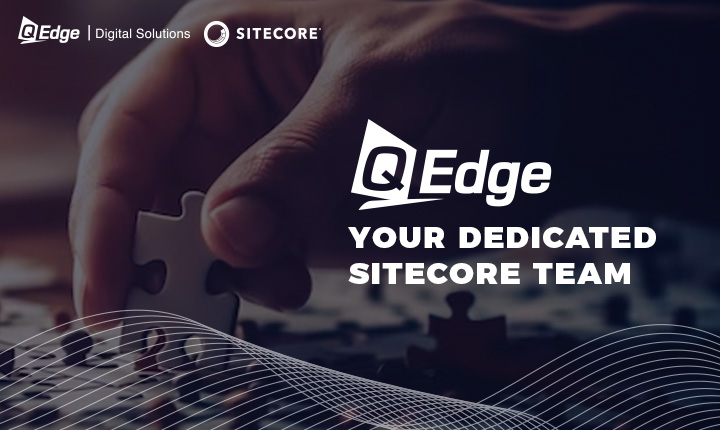
Vertical Expertise
Ideally, your Sitecore partner also has experience in your industry. For example, B2B partners operate differently than B2C shops. E-commerce projects have unique requirements compared to content sites. Find a partner with customers similar to you they can reference.
Cultural Fit
Don’t underestimate cultural alignment. You’ll be collaborating extensively with your partner, so transparent communication and seamless team integration are crucial. Make sure your partner prioritizes frequent updates and collaboration. Also, assess if they are invested in your success vs. just delivering the technical work.
Warning Signs of the Wrong Sitecore Partner
Along with looking for the right traits in a partner, beware of these red flags:
- Generic, boilerplate proposals. Quality partners carefully assess your needs first.
- Lack of technical specifics. Vague responses signal ignorance of Sitecore intricacies.
- Poor communication and opaque workflows. Disorganization leads to budget overruns.
- Minimal training. Thorough training and docs ensure you get the most from your investment.
- Resistance to questions. Good partners welcome inquiries and conversations.
- Overreliance on Sitecore resources. Competent partners don’t need to constantly ask Sitecore for guidance.
- No specialization in Sitecore. Jack-of-all-trades agencies rarely have the required Domain expertise.
Take Your Time and Get References
Rushing partner selection is asking for trouble. Take your time evaluating options—the upfront diligence is well worth it.
Also, don’t rely solely on sales pitches. Speak to each partner’s clients to get unbiased assessments. Reach out to at least 2-3 references and ask:
- Did the partner deliver on time and on budget?
- How was the quality of the technical work?
- Did the partner suggest improvements and optimizations?
- How responsive was the partner after the launch?
- How well did the partner transfer knowledge via training and docs?
Independent references are invaluable for confirming marketing claims and understanding how partners operate.

Make the Right Choice from the Start
Choosing the right implementation partner is easily one of the most crucial Sitecore decisions you’ll make. Be relentless in asking questions, evaluating capabilities, and searching for true Sitecore experts. With a great partner, your Sitecore initiative will get off to the right start and deliver value for years to come.







